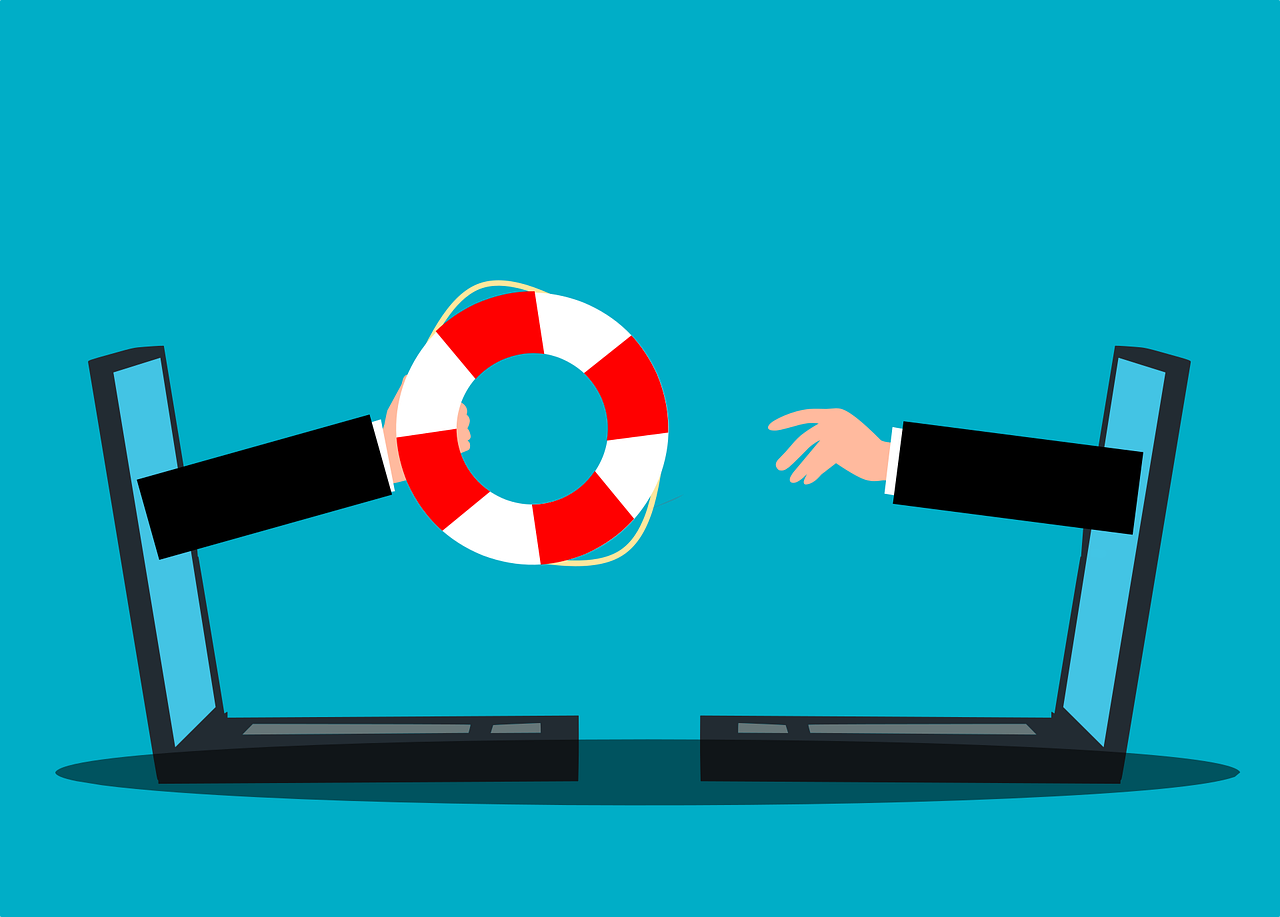It’s always a wise idea to protect your assets in the event of an emergency. In some countries, having insurance for some things is a legal requirement. You don’t need a malicious attacker or freak accident to destroy your life.
Experts recommend you ensure the essential things in your life that may result in a hefty invoice if damaged, like your car, home, or health. As our lives shift over to a digital space, does it make sense to insure yourself in cyberspace?
While cyber insurance is new and not currently for everyone, it’s an essential tool to learn about as everyone has a significant online presence. So, let's take a deeper dive.
What Is Cyber Insurance?

Depending on the nature of the attack, hackers may cause a couple of hundred to millions of dollars in damage. These attacks can devastate an individual or business and are very difficult to address.
Unfortunately, this new dimension of criminal activity doesn’t fall under the liability of many general insurance policies. Those attacked realize they have no coverage only when it is too late.
Cyber insurance is the answer to this modern problem of the digital age. Also known as “cyber risk” or “cyber liability insurance,” these policies step up to the plate.
What Does Cyber Insurance Cover?

Different cyber insurance policies cover various cyberattacks depending on the insurance provider. Some popular coverage options to consider include:
Theft and Fraud
When people steal your data online, cyber insurance may help. If someone uses your log-in information to engage in criminal activity that results in stolen funds or fraudulent transfers, cyber insurance policies may help you get this information back.
Legal Investigations
When cyberattacks reach a point where you need to involve a legal team, the bills can stack up fast even if they are unsuccessful. Cyber insurance covers any types of legal or technical fees for a cyberattack investigation.
These coverages also may cover hiring a forensic service to help thoroughly examine the cyberattack and how to recover damages or identify the culprit.
On a more personal level, it can also help recover damages from online harassment due to cyberbullying. Obtaining evidence for court cases is expensive and may require outside help.
Data Breaches
Privacy is an essential component of any sound business practice. When you hold tons of sensitive information, users leave their livelihood in your hands. Significant data leaks require immediate action to address the situation.
Lost Income
When owning a large company, a minor disruption can cause countless dollars in damages. It is costly to shut down operations due to cyberattacks. There are many reasons how hackers cause a pause in business activities.
Consider if you work with sensitive data and a cyberattack alerted you that your systems weren’t secure, so you needed to upgrade. Hacks may compromise your cliental list or do something else that temporarily keeps you from accessing the data you need to perform your duties.
It’s also the case that software used to hack systems physically damages systems, forcing companies to rebuild systems. There are also significant problems with ransomware holding data hostage from users. They may even have an entire website hostage until someone meets their demands.
Extortion
If a hacker gets ahold of your data and threatens to release it or destroy it until they get what they want, these cases fall under extortion. Cyber insurance with extortion policies helps fund the investigation.
Some policies even have ransomware protection which covers the costs of recovering any data, especially expensive.
Reputation
Whether you are a company or an individual, defamation is devastating. Cyberbullying and other online harassment make it easier than ever for someone to spread fake news that destroys your reputation.
Recovering from non-tangible damages is challenging, and it’s essential to go over the specific terms of your policy before investing.
Digital Recovery
If a cyberattack causes you to lose any of your software or data, cyber insurance policies may help cover any expenses to fix that. Sometimes, this refers to restoring the original data or taking measures to replace the damaged data.
Physical Damages
Viruses and other malware may do more than compromise security. Some cyberattacks destroy physical equipment. Sometimes, these attacks require you to completely redo security systems—which is tedious and costly.
In more extreme cases, machinery needs complete replacement.
Cyber Insurance: Individual vs. Businesses

Like many other insurance policies, cyber insurance can be personal or for an institution. These different insurances vary in coverage and price.
Insurance companies typically sell personal cyber insurance as an add-on to homeowner’s insurance. These usually cover things that the “everyday person” may encounter, such as online harassment, online fraud, and the cost of removing malware from computers.
Although increasing in popularity, the coverage itself is not super popular yet. It’s an added expense that many homeowners sleep on but should consider if they want to secure their online presence.
Unless you deal directly with computers regularly, it is not super important. What are the chances of facing extortion or harassment when you really don’t use the internet all that much?
However, if you work on the computer a lot and hackers may see you as a valuable target, you should look into your coverage options or ask your company if they have a policy covering you.
Cyber insurance is a modern necessity for businesses, especially those dealing with incredibly sensitive and valuable information that would make them a prime target, such as banks or healthcare institutions.
Most policies only cover large corporations at the moment due to a rising need. Costs will vary depending on how “vulnerable” a company is to receive cyberattacks.
Should I Get Cyber Insurance?
Getting cyber insurance is not compulsory but is something to look into if you deal with a lot of valuable information in a digital space. Talking to your insurance provider to explore your coverage options and whether or not it is worth it to you may be a wise idea. With the growing importance of technology in our everyday lives, it’s crucial to take charge of our digital assets.


